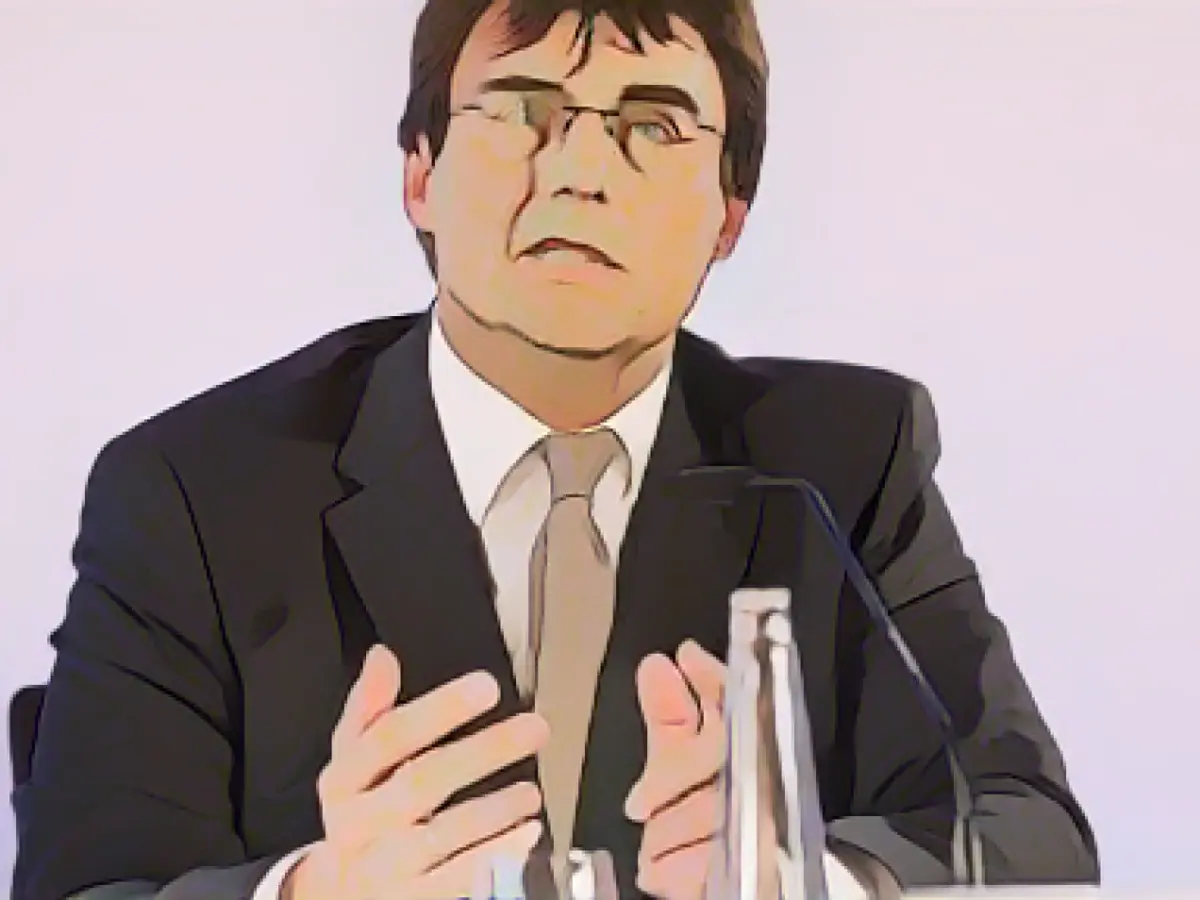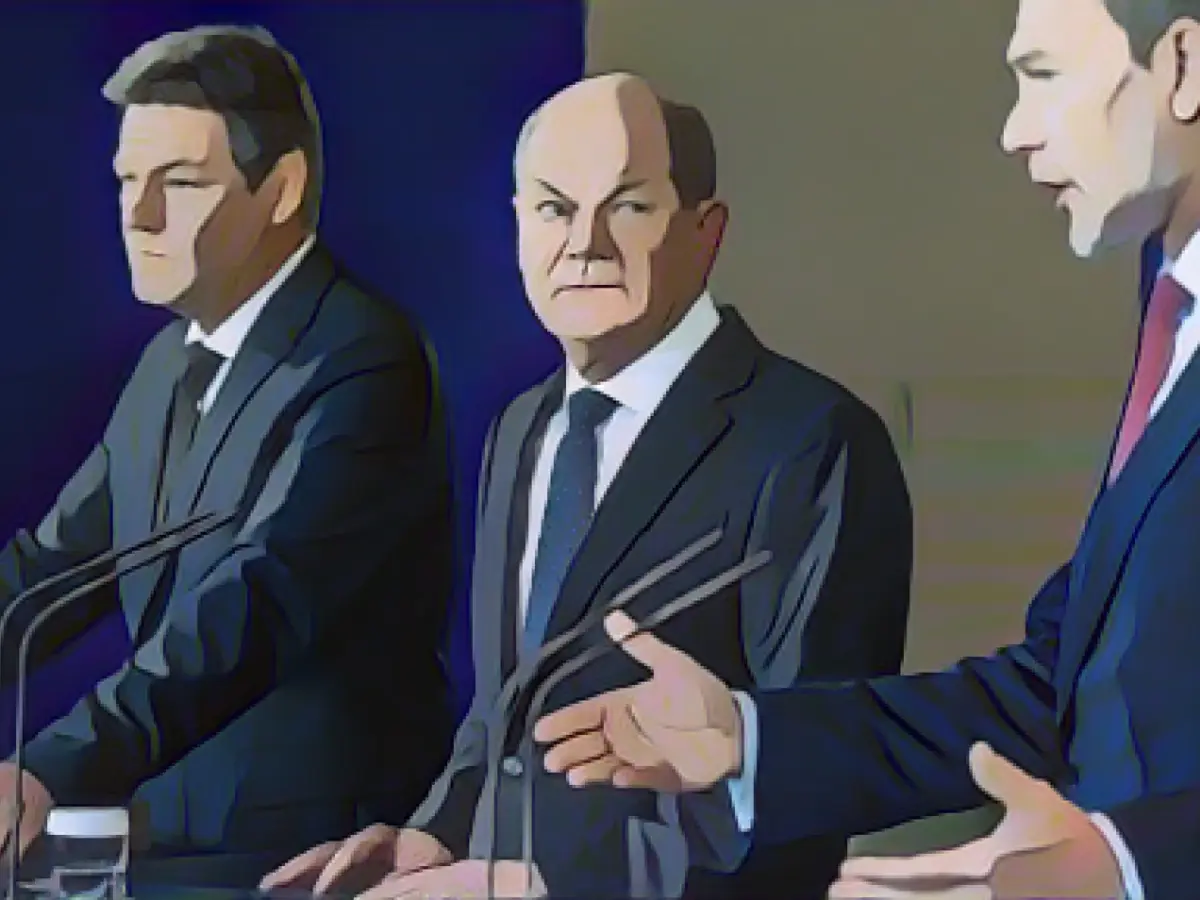Thousands of Public Sector Workers Unite in Dresden for Better Pay and Conditions
Last Wednesday, public sector discontent boiled over in Saxony as thousands of employees, from teachers and university staff to police officers and stagehands, flooded the square outside the Ministry of Finance in Dresden. Organizers claimed an impressive turnout of 4,500 attendees, united in their pursuit of better wages and work conditions.
The atmospheric protest kicked off with a moment of silence in memory of the tragic school bus accident that occurred in the Ore Mountains the previous day, resulting in the loss of one student's life and injuries to several others.
Demanding Fair Treatment
The rally's focal points centered on issues like dwindling numbers of employees staying within the public sector due to better private-sector compensation, leaving a gaping void filled by 500,000 vacancies across Germany. Markus Schlimbach, head of the German Trade Union Federation in Saxony, echoed the frustrations of many in his criticism of the situation, urging better wages and conditions to retain the public sector's talent pool.
Fighting for Educators and Students
Burkhard Naumann, chief of the Education and Science Trade Union, directed his remarks to Finance Minister Hartmut Vorjohann (CDU). Naumann called out the authorities for their reluctance to put forth an offer after two rounds of discussions and rejecting all unions' proposals. He insisted that wages must keep pace with inflation and voiced concerns about the ongoing education crisis. The crisis stretched beyond dwindling resources; Naumann highlighted the need for increased investment into this crucial sector.
Student Workers' Struggle
Lea Bellmann, an advocate for TV Stud, a student organization, rallied for added support for student workers. Bellmann decried the illegal employment conditions faced by student employees in Germany's universities and pointed to the rampant wage evasion plaguing the educational system.
Striving for a Solution
Public sector employees voiced allegations that the powers-that-be in Dresden had neglected their concerns regarding wages, work hours, and job security. The Ministry of Finance somewhat served as a stage for these unresolved tensions, as negotiations for the next round of collective bargaining are scheduled for March 14-16 in Potsdam. If an accord cannot be reached, new strikes may ensue.
A Glimpse at the Broader Picture
Beyond these specific demonstrations, collective bargaining issues that threaten public services and higher education in Germany persist. With educators and university staff joining the public sector's unrest, serious budget cuts at universities in Berlin caused by the city's €3 billion debt have resulted in diminished enrollment numbers and a deterioration of research and education quality at the Universität der Künste (UdK).
Sources and Relevant Enrichment Data
- The collective bargaining conflicts in German public services meltdown cover a broad range of sectors, from transport workers' demonstrations against insufficient wages and benefits, to university staff members' demands for fair compensation and funding, and finally to the looming negotiations scheduled for March 14-16 in Potsdam, which could potentially lead to future strikes.
- Union leaders—namely Verdi and the Civil Service Union (dbb)—demand the following concessions from employers:
- A 8% wage increase or a minimum raise of €350 per month
- Three additional days off for workers, with four days for union members
- Federal Interior Minister Nancy Faeser acknowledges the financial constraints facing the government while suggesting that a fair resolution could be possible.
- The scope of the ongoing collective bargaining conflicts in Germany is far-reaching, involving professional groups such as administration, education, public transport, waste management, and airport operations.
- [Tackling the Education Crisis]
- [Collective Bargaining Conflicts Impacting Public Services and Universities]
- [The Overburdened Educators: School Leaders' Struggles with Workload and Lack of Support]
[4]:








